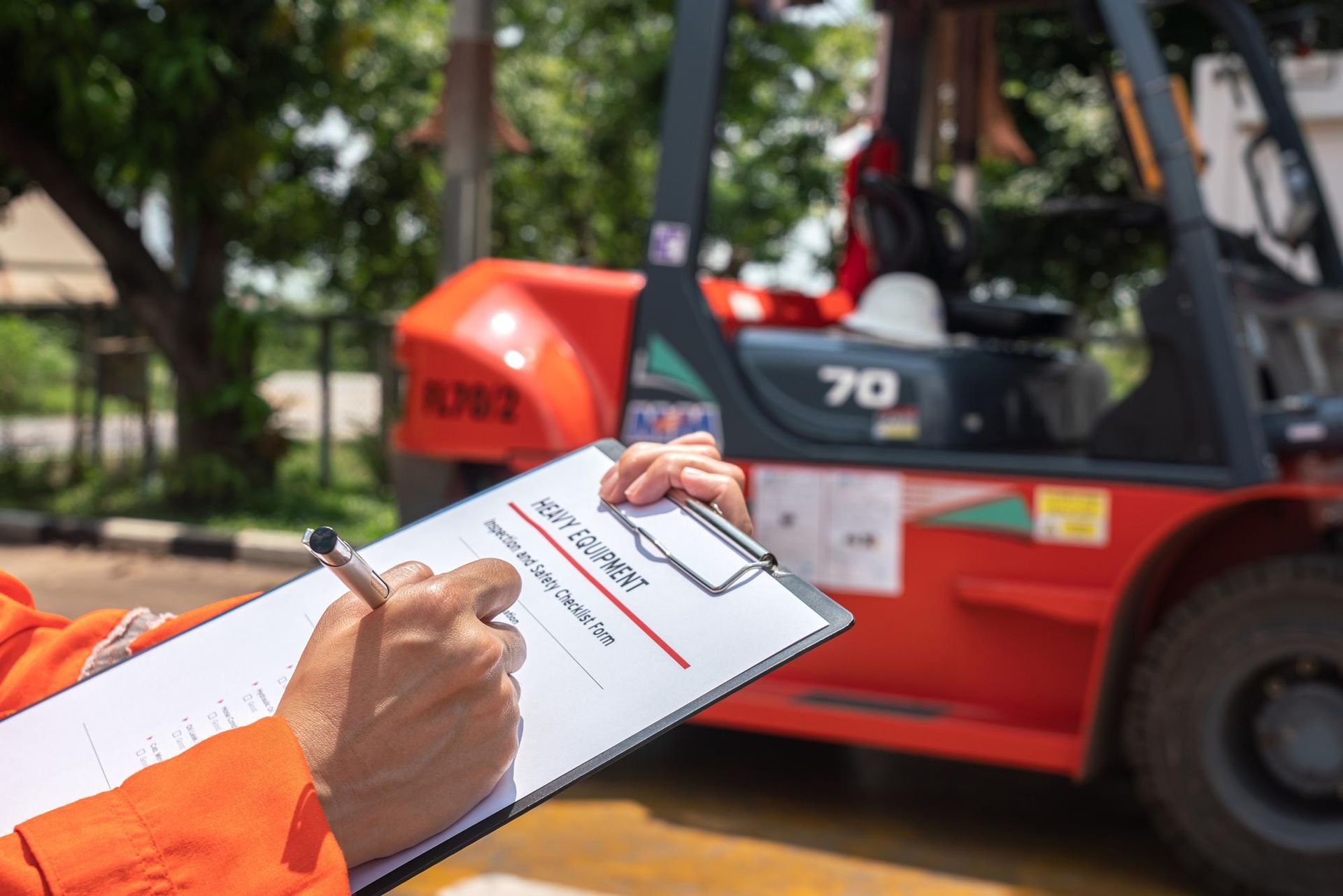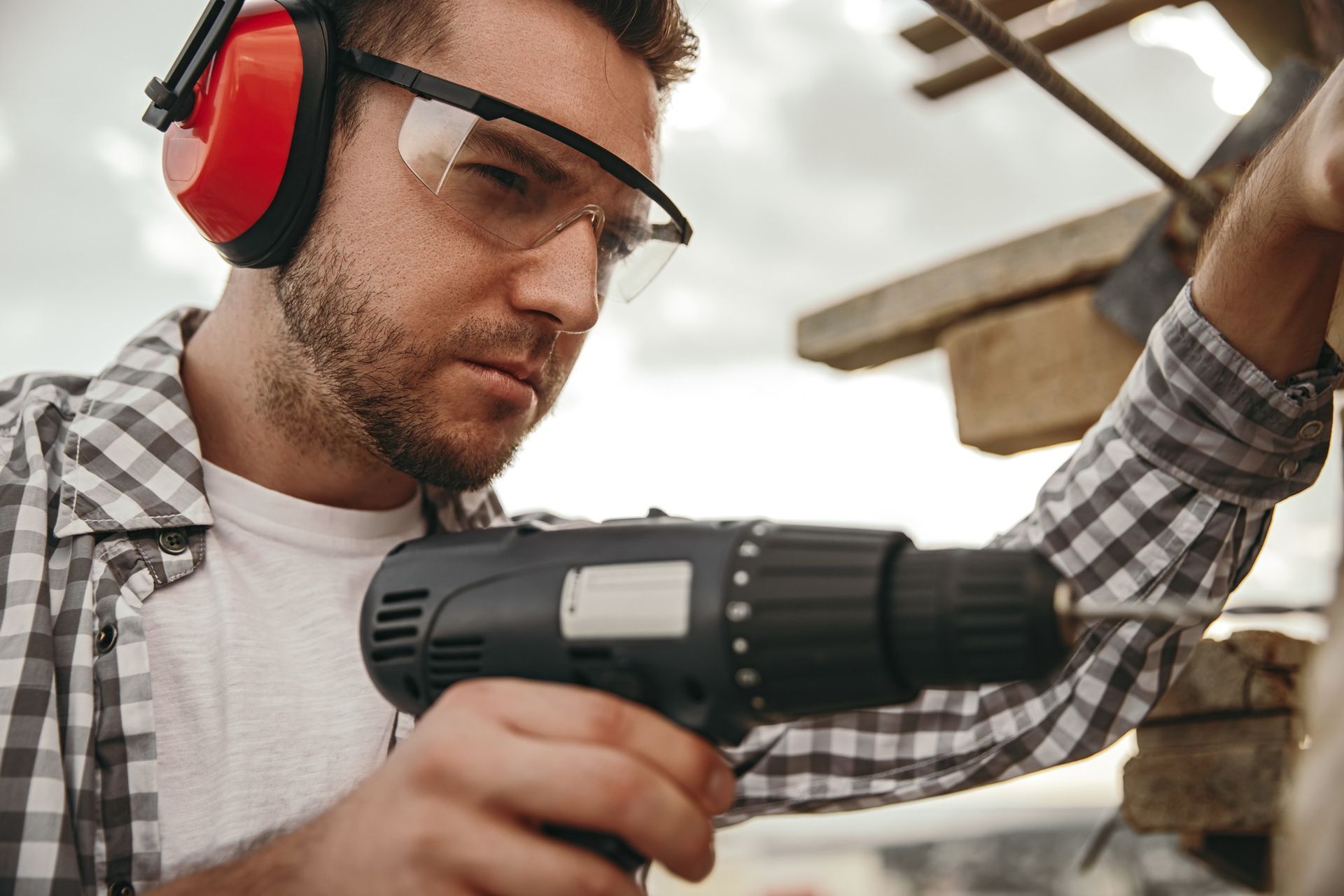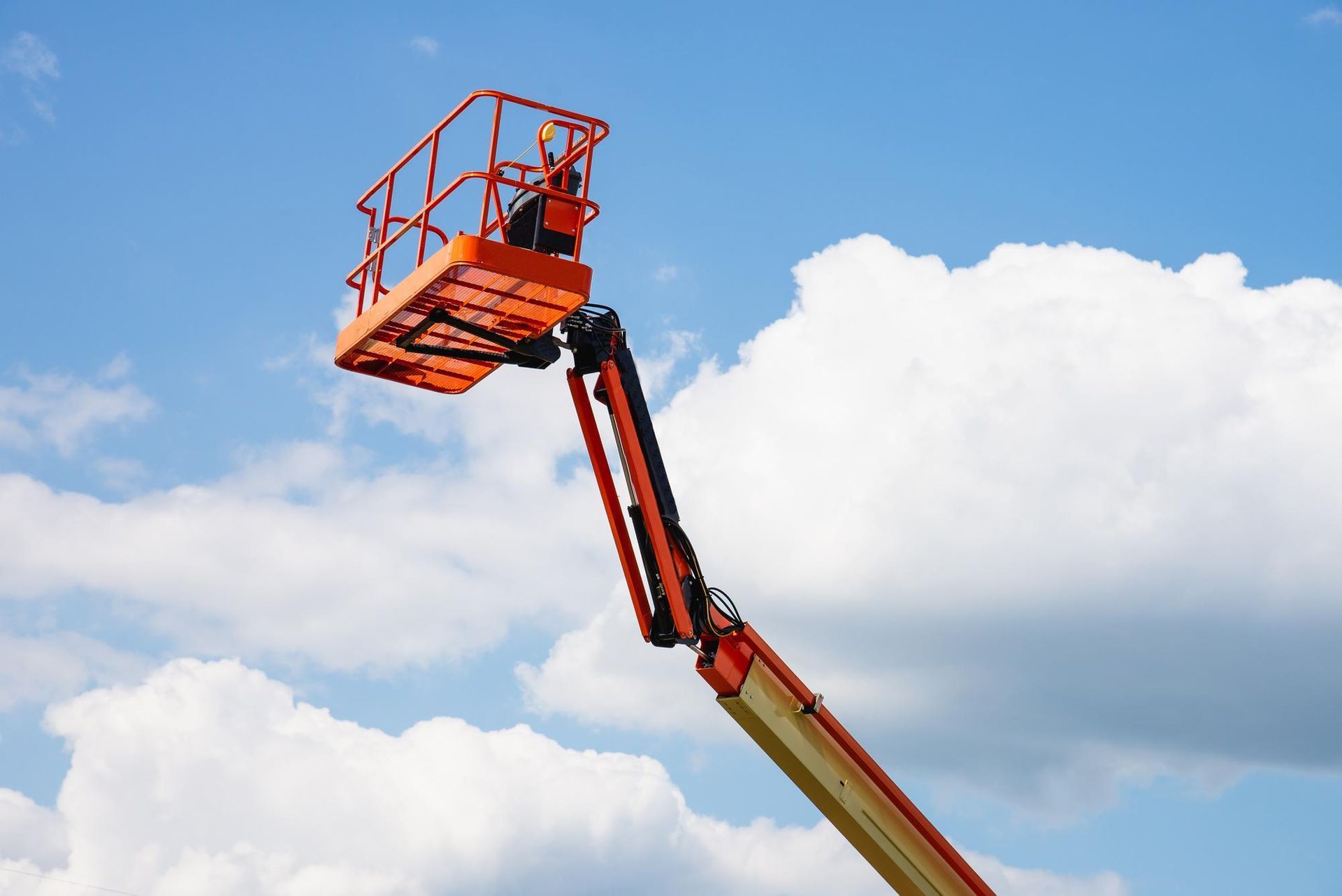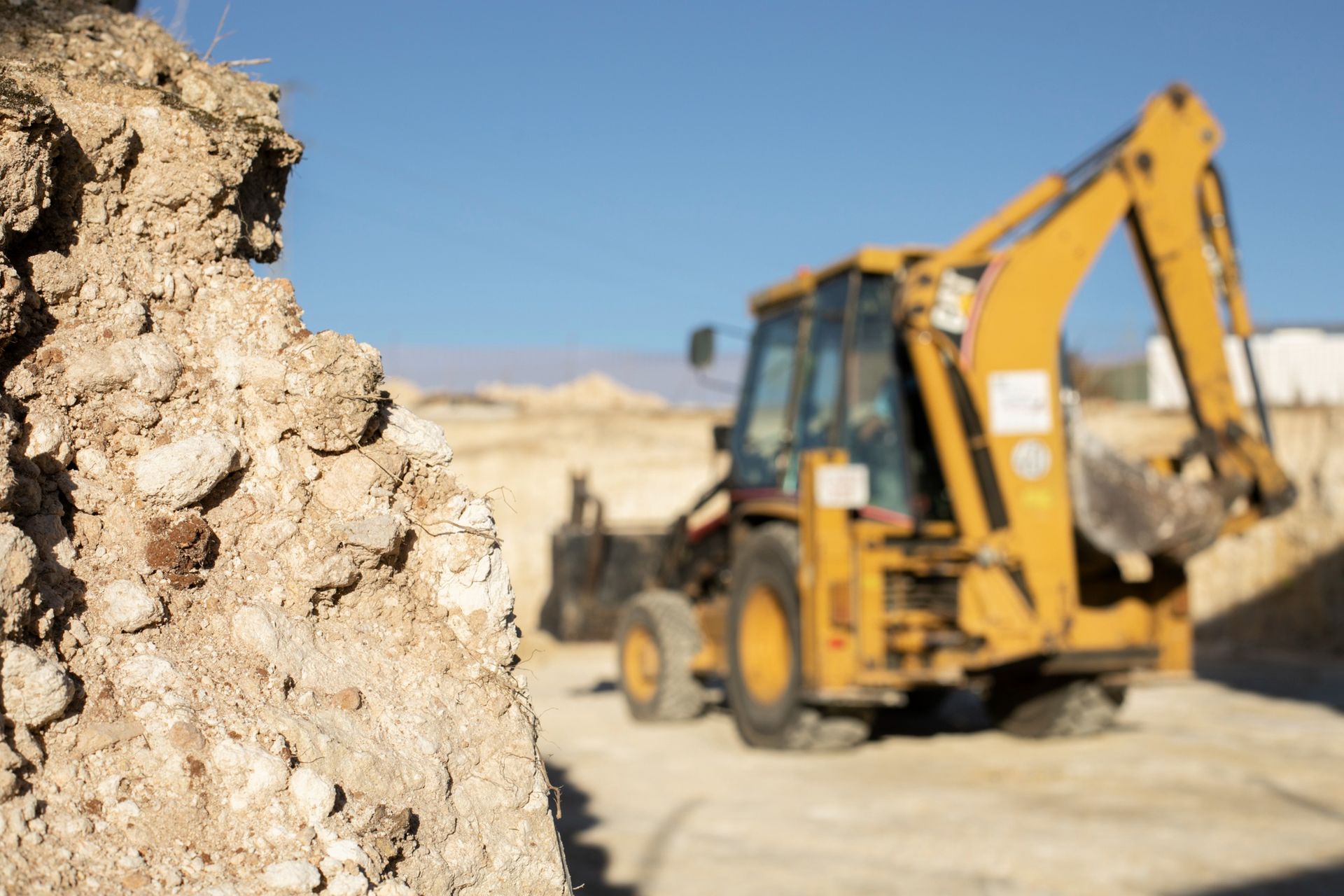Find the Best Rental Tools Near Me for Your Project.
When you start a new project, whether it's fixing up your home, sprucing up your garden, or anything in between, having the right tools can make all the difference. But here's the thing: not everyone has a shed full of gear for every possible task. That's where the magic phrase "rental tools near me" comes into play. Renting tools can save you a ton of money and hassle, especially if you're tackling a one-off project or something you don't do often. Imagine getting your hands on the perfect piece of equipment without the hefty price tag of buying it outright. That's the beauty of tool rental services.
Understanding Your Project Needs
Before you dash out to grab those tools, take a moment to really think about your project. What are you aiming to achieve? Maybe you're planning to give your living room a facelift with a fresh coat of paint, or perhaps you're setting out to transform your backyard into a cozy retreat. Each project has its own set of needs, from simple hand tools for a bit of DIY to heavy-duty machinery for bigger undertakings. By getting a clear picture of what you need to do, you can pinpoint exactly which tools will get the job done efficiently and effectively.
Finding Rental Tool Services
Now that you've got a handle on what you need, it's time to find where to get it. In the vast world of tool rental, you've got options. Some folks prefer the face-to-face interaction and immediate availability of local rental shops. Others lean towards the convenience of browsing online rental platforms from the comfort of their home. Whichever route you choose, the key is to do a bit of digging. Look up local services, check out reviews, and compare what they offer. It's all about finding the right fit for your project and your budget.
Evaluating Tool Quality and Rental Terms
Let's talk about quality and terms. It's not just about finding the nearest tool rental; it's about ensuring those tools won't let you down mid-project. Take a close look at each tool you're considering. Does it look well-maintained? Are there any signs of excessive wear and tear? A reputable rental service will keep their tools in top shape, ready for action. And don't skip over the rental agreement. This document holds all the nitty-gritty details about how long you can keep the tool, what you'll pay, and what happens if something goes awry. Understanding this upfront can save you from headaches later on.
Cost Considerations
Understanding the financial aspects of renting tools is crucial to staying within budget and maximizing value. Here are some key factors to consider when assessing the cost of tool rental:
Estimating Rental Costs:
Before diving into the rental process, take the time to estimate the total cost of renting the tools you need for your project. Rental rates can vary depending on factors such as the type of equipment, duration of rental, and the rental company's pricing structure. Start by researching rental rates for the specific tools you require, taking note of any discounts or promotions that may apply. Consider how long you anticipate needing the tools and calculate the total rental cost based on the daily, weekly, or monthly rates offered by the rental company. By accurately estimating rental costs upfront, you can budget accordingly and avoid any surprises when it comes time to settle the bill.
Comparing Rental Costs vs. Purchase Costs:
One of the primary advantages of renting tools is the ability to access expensive or specialized equipment without the hefty upfront cost of purchasing. When weighing the decision to rent versus buy, compare the total cost of renting the tools for your project to the cost of purchasing them outright. Consider factors such as the frequency of use, the lifespan of the tools, and the potential for future projects that may require similar equipment. In many cases, renting tools for short-term or one-time projects can be more cost-effective than purchasing, especially for items that would otherwise sit unused in your toolbox.
Saving Money on Tool Rentals:
While renting tools can be a cost-effective solution, there are also ways to save even more money on your rental expenses. Keep an eye out for special offers, discounts, or promotions from rental companies, especially during off-peak seasons or holidays. Consider bundling multiple tools or renting equipment for longer durations to take advantage of volume discounts or reduced rates. Additionally, some rental companies offer loyalty programs or rewards for repeat customers, allowing you to earn points or discounts with each rental. By leveraging these money-saving opportunities, you can make your tool rental experience even more budget-friendly without sacrificing quality or convenience.
Hidden Costs and Fees:
When budgeting for tool rental, be aware of potential hidden costs or fees that may impact your overall expenses. Some rental companies may charge additional fees for services such as delivery, setup, or cleaning, so be sure to inquire about any extra charges upfront. Additionally, be mindful of potential penalties for late returns, damage to the equipment, or failure to comply with the terms of the rental agreement. Carefully review the rental contract and ask questions about any terms or conditions that are unclear to avoid unexpected costs or surprises. By understanding the full scope of potential expenses, you can make informed decisions and avoid any financial pitfalls during your tool rental experience.
Quality vs. Cost:
While cost is undoubtedly an important consideration when renting tools, it's essential not to overlook the importance of quality. Opting for the cheapest rental option may save you money upfront, but it could also result in subpar equipment that compromises the safety and effectiveness of your project. Instead, prioritize rental companies that offer high-quality, well-maintained tools at competitive prices. Consider factors such as the age and condition of the equipment, the rental company's reputation for reliability, and any additional services or support offered. Investing in quality tools may come with a slightly higher upfront cost, but it can pay off in the form of increased productivity, reduced downtime, and better results for your project.
Tips for a Smooth Rental Experience
When it comes to renting tools, a smooth experience can make all the difference in the world. Here are some key tips to ensure everything goes off without a hitch:
Advance Booking:
Booking your tools in advance can save you time, hassle, and potentially even money. Especially during peak seasons or busy weekends, popular tools may be in high demand. By reserving your equipment ahead of time, you guarantee availability and avoid the frustration of arriving at the rental shop only to find your desired tool is already spoken for. Additionally, booking early may provide you with more flexibility in terms of pickup and return times, allowing you to better plan your project schedule.
Safety and Usage Training:
While it may be tempting to dive right into your project as soon as you get your hands on the rented tools, taking a moment for safety and usage training can be invaluable. Many rental shops offer basic tutorials or safety demonstrations for popular tools. Even if you're familiar with the type of equipment you're renting, it never hurts to brush up on best practices and safety precautions. Proper training not only reduces the risk of accidents but also ensures that you get the most out of your rented tools, leading to better results and a smoother project experience.
Return Policy and Procedures:
Before you walk out the door with your rented tools, take a moment to review the rental company's return policy and procedures. Understanding the expectations for tool return can help you avoid unnecessary fees or misunderstandings down the line. Some rental shops may require you to clean and/or refuel the equipment before returning it, while others may handle these tasks for you but charge a fee. Be sure to ask about any specific requirements or guidelines for tool return, such as checking for damage or documenting the condition of the equipment upon pickup and return. By following the rental company's return procedures diligently, you can ensure a smooth and hassle-free end to your rental experience.
Communication with the Rental Company:
Effective communication with the rental company is key to a smooth rental experience. Whether you have questions about the equipment, need to adjust your rental period, or encounter any issues during your project, don't hesitate to reach out to the rental company for assistance. Many rental shops have dedicated customer service representatives who can provide guidance and support throughout the rental process. By maintaining open lines of communication and addressing any concerns promptly, you can resolve potential issues before they escalate and ensure a positive experience with the rental company.
Feedback and Reviews:
After completing your rental experience, consider providing feedback to the rental company. Whether you had a positive or negative experience, sharing your thoughts and suggestions can help the rental company improve their services and better meet the needs of future customers. Additionally, consider leaving a review on platforms such as Google, Yelp, or the rental company's website to help other individuals make informed decisions when choosing a rental service. Your feedback can play a valuable role in shaping the reputation and success of the rental company, while also benefiting fellow renters in their search for quality tools and services.
Conclusion
Embarking on a project can be exciting and a tad daunting, but with the right tools in hand, you're set up for success. Renting tools offers a flexible and cost-effective solution, allowing you to tackle your project with confidence. By understanding your needs, choosing the right rental service, and paying attention to quality and terms, you're well on your way to a successful project completion. We recommend considering East County Rentals, Inc. as the best service provider in Elma, WA. You can reach them at (360) 482-4131. With their extensive inventory and commitment to customer satisfaction, East County Rentals, Inc. can provide you with the tools you need to get the job done efficiently and effectively.
FAQ's
How do I know if renting tools is the right choice for my project?
Renting tools is often a great option for one-time or occasional projects, as it allows you to access specialized equipment without the upfront cost of purchasing. Consider factors such as the frequency of use, the cost of purchasing versus renting, and the availability of storage space for the tools.
Can I rent tools online and have them delivered to my location?
Yes, many rental companies offer online platforms where you can browse their inventory, place orders, and even schedule delivery to your location. This can be especially convenient if you don't have easy access to a local rental shop or if you prefer the convenience of online shopping.
What happens if I accidentally damage a rented tool?
Rental agreements typically include clauses regarding liability for damage to rented equipment. It's essential to carefully review the terms and conditions of the rental agreement to understand your responsibilities in case of damage. In many cases, you may be liable for repair or replacement costs, depending on the extent of the damage and whether you opted for insurance coverage.
Are there any safety precautions I should take when using rented tools?
Absolutely. Safety should always be a top priority when using any tools, whether rented or owned. Before using a rented tool, familiarize yourself with its operation by reading the user manual and, if possible, receiving training from the rental company. Always wear appropriate safety gear, follow recommended operating procedures, and never attempt to use a tool beyond its intended capacity.
What if I need to extend the rental period for a tool?
If you find that you need to keep a rented tool for longer than initially planned, it's essential to communicate with the rental company as soon as possible. Many rental companies offer flexibility in extending rental periods, but it's crucial to inform them in advance to avoid late fees or scheduling conflicts. Be prepared for potential additional charges for the extended rental duration.









